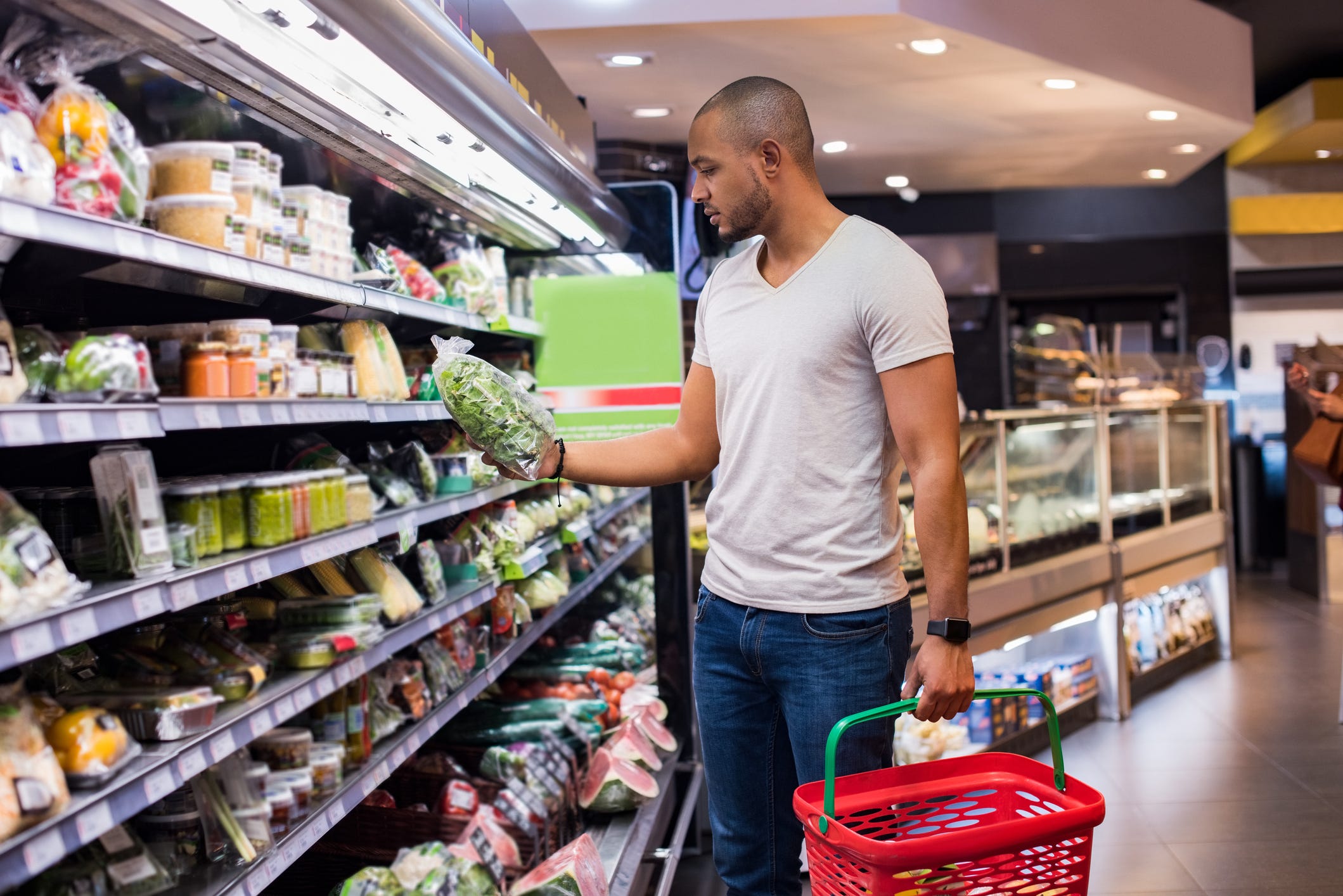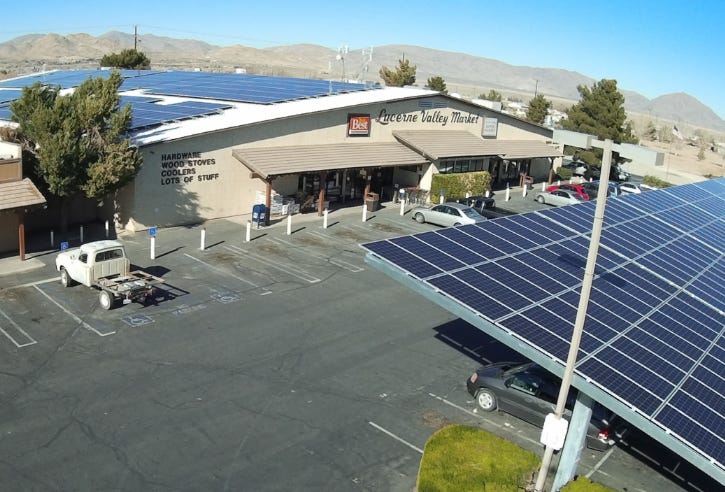
Ridofranz/Getty Images
This as-told-to essay is based on a conversation with Linda Gommel, the CEO of Lucerne Valley Market and Hardware in Southern California. Gommel’s store was one of those affected over the past week by an outage at UNFI, a major food distributor for supermarkets in the US.
The interview has been edited for length and clarity.
We’ve been running this store in Lucerne Valley for 50 years.
Lucerne Valley is a very small, rural place. The nearest services and stores are 20 miles away, so we try to do everything we can to keep people from having to travel. Of course, they’ll travel anyway to places like Walmart and Costco. We also have a lot of shoppers who come through here on their way to Big Bear Lake and off-roading and camping in the desert.
There are some things that customers rely on us for so that they don’t have to take their business elsewhere. We sell tons of bottled water, for instance. If we lose that, that’s huge.
This week, we ran low on products like cottage cheese and sour cream that we normally get from UNFI. To fill in the dairy section, we got a nice-sized meat delivery from a company that normally supplies restaurants.

Linda Gommel
UNFI has said that they’re sending us a couple of deliveries this week. But they’re doing that by duplicating last Thursday’s and Friday’s orders.
That scares me to death because there will be a number of items we really don’t want duplicated from last week. For example, we had a special order for a customer who needed six cases of potato salad. It’s perishable. If we get six more cases, we’ll have to do a fire sale just to get rid of them.
What we’ve thought about — and hope doesn’t happen — is a panic. Up here in the desert, there are a couple of Hispanic grocery chains that are also supplied by UNFI. Then, there’s the independents like ourselves. At the very same time, there are some regional chains that might have to deal with a strike. (Editor’s note: The potential strike is unrelated to UNFI. A union representing 45,000 grocery workers in Southern California voted on Wednesday to authorize a strike against chains Kroger and Albertsons.)
I worry that all that could start to create a 2020 COVID-type spirit of panic. Then we’d be in trouble, as far as huge holes on the shelf.
One of the other impacts so far is that I’ve had to tell some store workers, “No, don’t come in today.” We’re trying to maintain their hours, but we can’t have them come and sit there and do nothing if there’s no truck to unload.
We’re trying to schedule it so they can stay productive. But it’s been very difficult for them. They don’t know what to expect.
Stores like mine have few wholesaler options
I buy a majority of the groceries in the store from UNFI.
A few decades ago, there were more wholesaler options. If you were unhappy with one company, you could go to another distributor here in Southern California. We used to work with a co-op that distributed groceries, and we were spoiled. They knew the market because they were part of it.
Now, with UNFI, more choices are made in Minnesota, where the company has an office. How can you tell in Minnesota what works in Southern California?
UNFI used to be smaller than it is today. Then it bought SuperValu, a larger grocery distributor. It was a little fish eating an alligator.
Today, what are our alternatives? There aren’t any. We have to buy from UNFI. Around here, they’re the only ones supplying independent grocery stores like us.
Do you have a story to share about the UNFI outage? Contact this reporter at [email protected].
The post I own a grocery store. A big supplier outage revealed problems with our food system that customers rarely see. appeared first on Business Insider.




